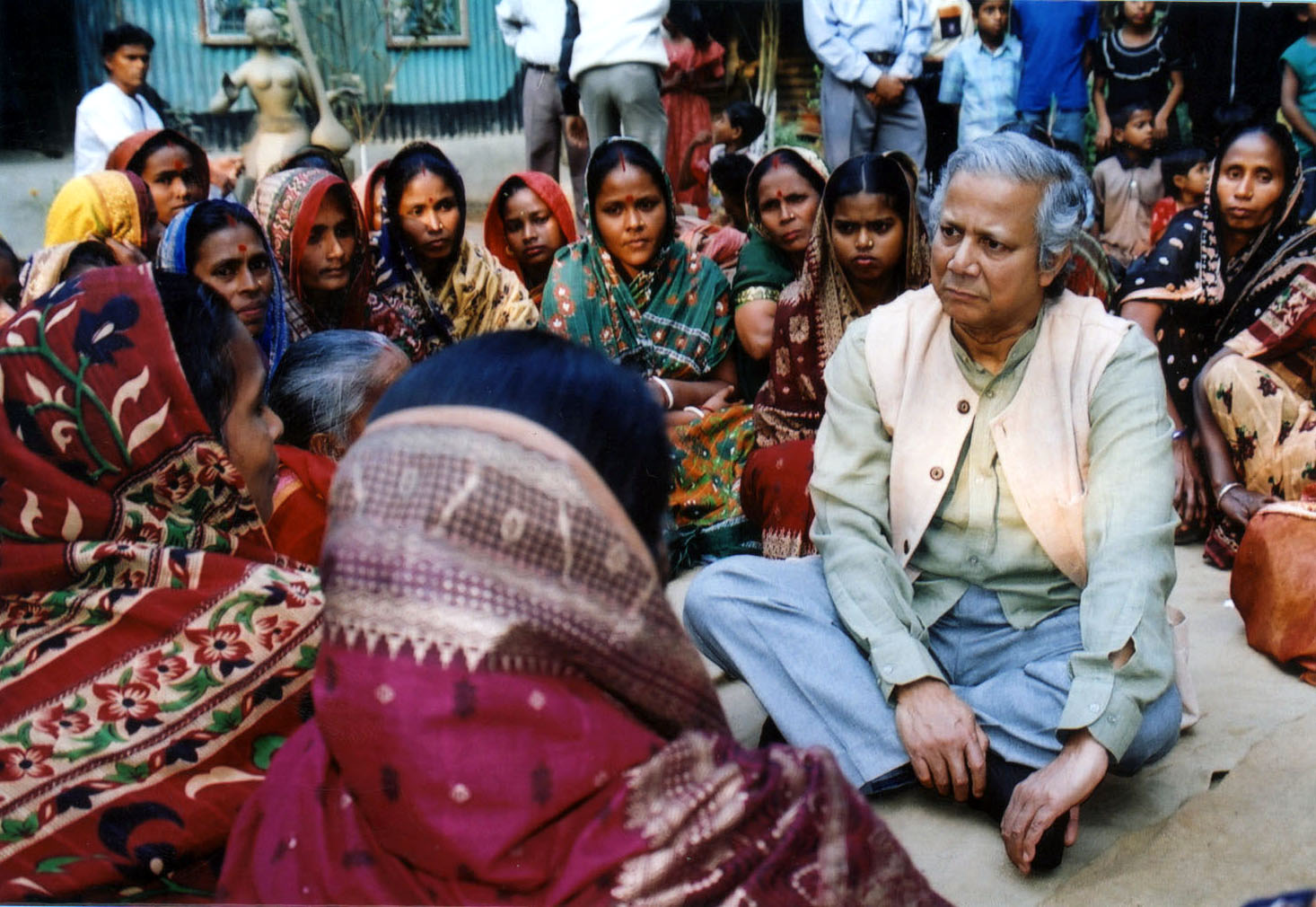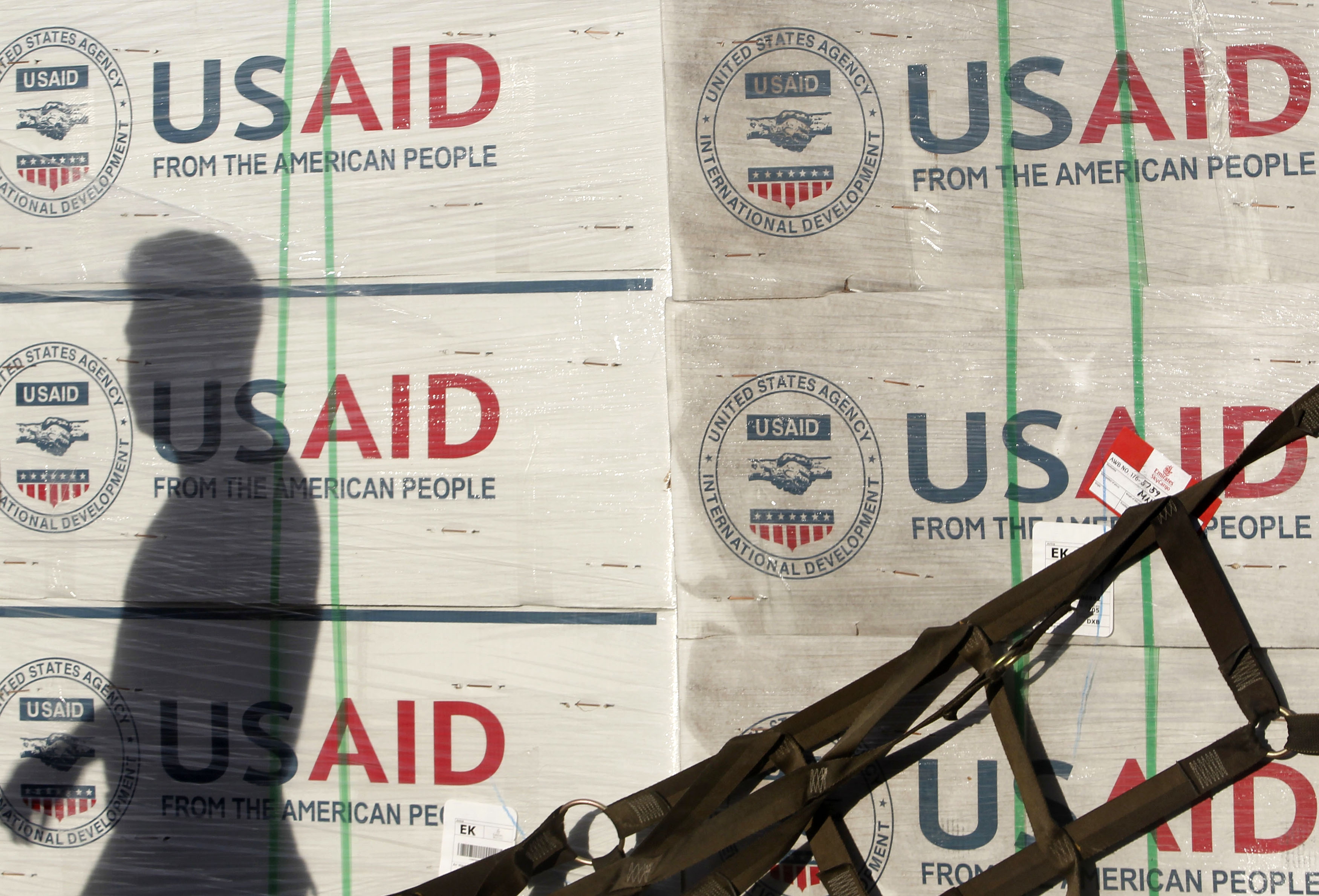
By: Cecilia Moore
“Tackling social issues with sustainable business models,” was the mantra of the Georgia Youth to Business Forum on Social Entrepreneurship, hosted by AIESEC University of Georgia on Oct. 26. The goal of the forum was to inspire UGA students to consider tackling social issues they were passionate about through means other than no-strings-attached aid. As one of the entrepreneurial speakers said, “We don’t do handouts. We work to help impoverished kids empower themselves.”
In the workshops it became evident that a considerable amount of the participants weren’t Terry College of Business students who knew all the nuts and bolts of business. Instead, a large number of the attendees were curious students from schools all over campus who had a particular pressing social issue in mind. And this is exactly what social entrepreneurship is. It is not a business addressing a problem, but people concerned with a social problem addressing it through business.
That’s a simplistic way of describing social entrepreneurship; the reality is much more complex due to the creativity of the human mind and the vast numbers of people around the world who are jumping into social enterprises. As a result social entrepreneurism has become a field that is extremely varied, ranging from for-profits to not-for-profits and from businesses like TOMS to Teach for America.
While social entrepreneurship is a newly minted label, it is not a new business practice. There have been many prominent social entrepreneurial businesses and people over the last century, for example, Goodwill, which was founded in Boston in 1895, falls under the umbrella of social entrepreneurialism. Florence Nightingale is considered a social entrepreneur as well due to the women’s nursing college she started. A number of other social entrepreneurs have followed in the footsteps of these original trailblazers, and they are becoming increasingly well known.
One of history’s most famous social entrepreneurs is Muhammad Yunus. During the height of a famine in his country of Bangladesh, Yunus realized that many of those in extreme poverty needed only a tiny sum of money to free them from debt collectors so they could start their own small businesses to feed their families. He began to loan extremely impoverished families $27 each in 1976, and the practice of microfinance was born. Yunus founded the Grameen Bank in 1983, and it has served as a model for over 250 microfinance startups. This practice has had such a large impact on the health of developing world that Yunus won the Nobel Peace Prize in 2006.
Over the course of the 2000s, the number of social enterprises exploded. The United Kingdom has been at the forefront of charting this phenomenon. Social Enterprise UK conducts a survey every year on the “State of Social Enterprises” within the United Kingdom, and as of this year, there are roughly 70,000 such businesses operating within the country. In addition to these staggering numbers, another impressive statistic is that one-third of these businesses are less than four years old. This trend is likely mirrored in the United States, though a comprehensive survey of the number of social enterprises has yet to be conducted in here.
There are a number of reasons why social entrepreneurism is exploding right now, and why forums are being held and classes are being taught on this this subject on college campuses across the country. One of those reasons is that it has proven to be a fairly successful model thus far.
As many of the people involved in foreign aid distribution can attest, it is very difficult to design a product that people will want to adopt, even if the good could improve their quality of life. Horror stories of wasted aid abound. Workers distributing aid in the form of goods, like indoor-air-pollutant reducing stoves that are met by women that promise to use them. Yet then when the aid workers return six months later, they find that the stoves have been dumped behind the house because their owners didn’t really want that particular stove or felt limited attachment to it given the fact that it was free. For everyone involved in the fundraising, innovation, and distribution process, experiences like these can be disheartening.
In a video produced by the Skoll World Forum, an international organization devoted to stimulating social entrepreneurship, Joi Ito said, “Frugal engineering happens in the absence of abundance. Living in a frugal society doesn’t mean you are disadvantage, it means you are advantaged in thinking from the perspective of efficiency.” This is how social entrepreneurship can tackle the horror stories of wasted aid. Like start-ups, these businesses work with a limited amount of resources. This frugal environment provides the perfect scenario, because in comparison to aid projects that are given money and told to design and distribute, social entrepreneurs have to turn a profit. As a result, they are more motivated to develop viable, long-term solutions to problems they face as a result of the frugality often required to run a sustainable business.
Many of the world’s leaders in social entrepreneurship are touting this business platform as the new age cure for many of the Earth’s ills and the generation currently coming of age is following their lead.
